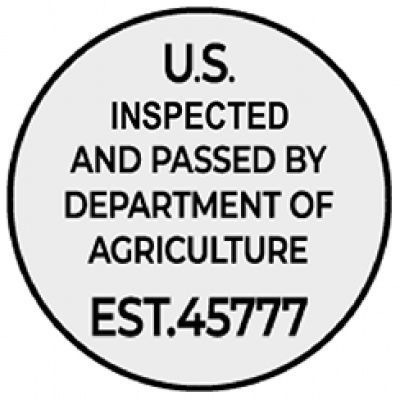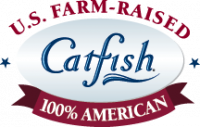Here at Heartland Catfish Company, we pride ourselves on providing high quality catfish for our customers. We’ve provided a lot of information about the benefits of U.S farm raised catfish, salmon, and others. However, we’ve neglected to discuss the fish you should avoid. According to One Medical, fish intake twice a week is a healthy routine. But what fish does that exclude?
Tilapia
Although Tilapia is considered a go-to or default for many American families, consuming too much of it can be detrimental to your health. Tilapia contains an almost nonexistent level of beneficial omega-3s. The fish also contains dangerously high levels of omega-6 which can result in inflammation and worsen the symptoms of those with autoimmune diseases.
Chilean Seabass
Gaining popularity in the past few years, Chilean seabass has become a menu staple at plenty of restaurants throughout the country. However, overfishing has caused overall quality of the fish to diminish. In addition to the danger of overfishing, Chilean seabass also contains relatively high levels of mercury.
Orange Roughy
Orange roughy is among the fish with the longest life spans which makes it highly susceptible to overfishing. This species has been overfished to such a level that many restaurants refuse to serve it. The fish can live longer than 100 years, which means the fish could be frozen at an age older than you! Fish with longer life spans contain extremely high levels of mercury.
Farmed Salmon
Salmon has been known to be one of the best oily fishes for you. However, the way your salmon is produced determines if it’s truly good for you. The best salmon for health and safety is wild-caught salmon, as it has far fewer genetic issues than farmed salmon. Farmed salmon tends to be genetically modified and even polluted.
Much like salmon, the way catfish is produced has a huge depending factor on how healthy it is for you. U.S farm raised catfish is the best option for consumers as it has the ability to be quality controlled at all times. Imported and wild-caught catfish are often raised without any actual strict health regulations, making waste and pollutants an unavoidable risk factor.
Fish is delicious and perfect for your weekly meal rotation, but making the right choices to keep your family healthy is just as important! For more information on the health benefits of catfish, check out our previous blogs.





